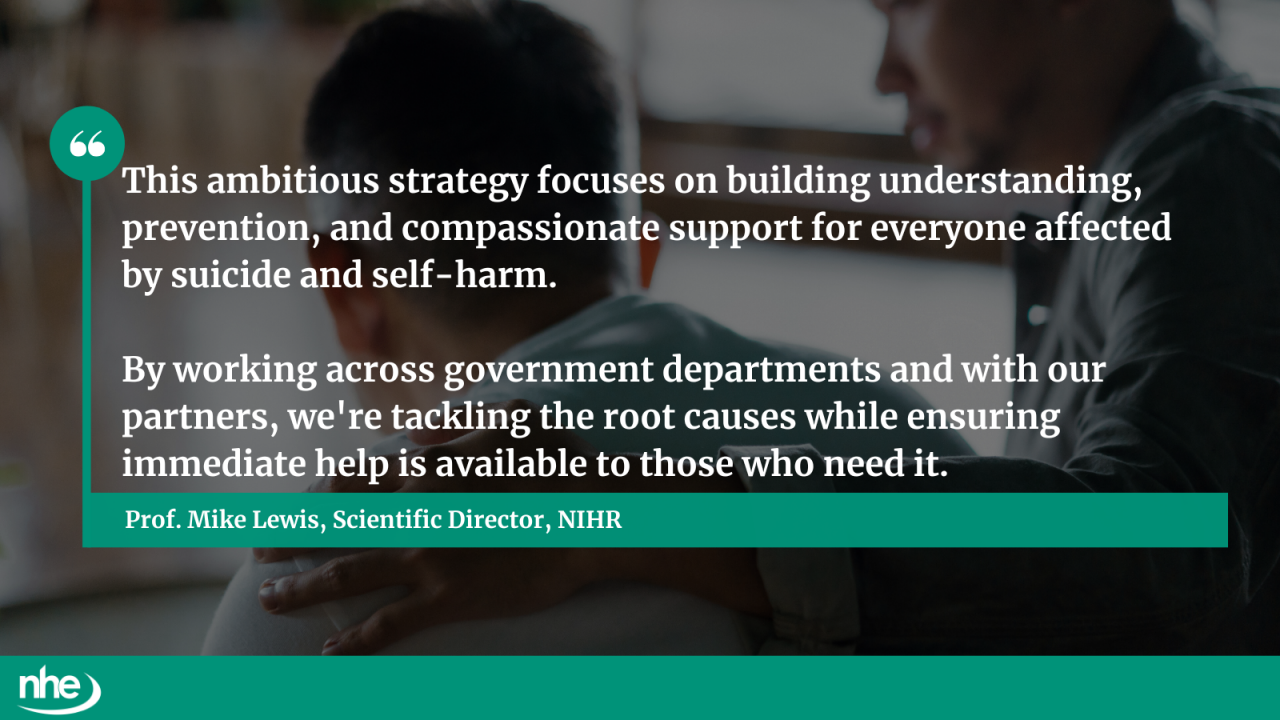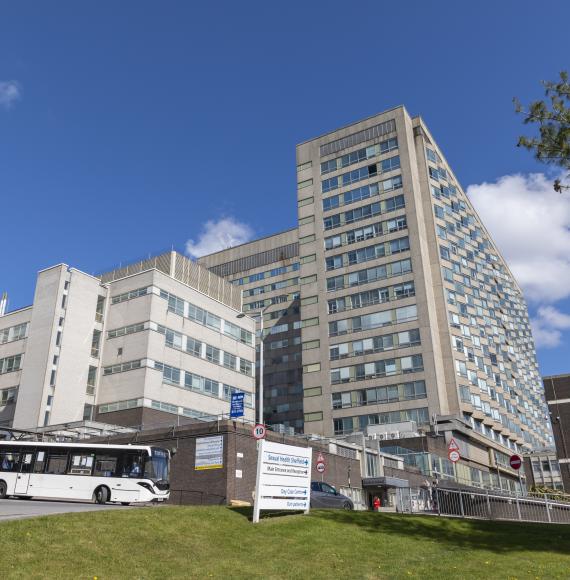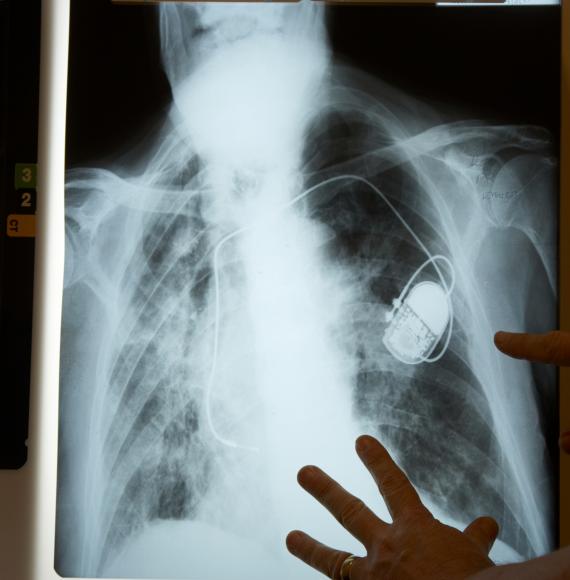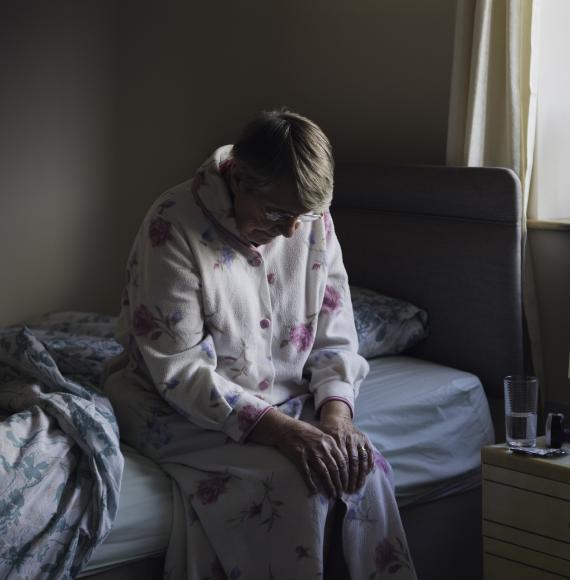In a landmark move, the Welsh Government is set to launch a comprehensive 10-year strategy aimed at tackling the root causes of suicidal thoughts and enhancing support for individuals experiencing self-harm.
The initiative, spearheaded by the Minister for Mental Health and Wellbeing, Sarah Murphy, underscores a commitment to fostering a supportive environment where individuals can seek help without fear or judgement.
The new Suicide Prevention and Self-Harm Strategy is built on six foundational pillars:
- Listening and Learning: Developing a robust evidence base by actively engaging with individuals who have lived experiences.
- Preventing: Addressing and mitigating risk factors associated with suicide and self-harm.
- Empowering: Dismantling stigma and encouraging open conversations about mental health issues.
- Supporting: Enhancing services for those grappling with self-harm and suicidal thoughts.
- Equipping: Ensuring that support services across Wales are well-prepared to identify and assist individuals at higher risk.
- Responding: Providing timely, compassionate, and person-centred support to those affected by suspected suicides.
In a significant boost to mental health research, the Welsh Government is investing over £2 million in the National Centre for Suicide Prevention and Self-Harm at Swansea University. This investment, facilitated through Health and Care Research Wales, aims to deepen the understanding of these complex issues and inform future policies.

Sarah Murphy, Minister for Mental Health and Wellbeing, said:
“This ambitious strategy focuses on building understanding, prevention, and compassionate support for everyone affected by suicide and self-harm.
“By working across government departments and with our partners, we're tackling the root causes while ensuring immediate help is available to those who need it.
“It’s through supporting and working with third sector organisations like the Samaritans that we will achieve the ambitions set out in our Suicide Prevention and Self-Harm Strategy.”
The strategy recognises the varying prevalence rates of suicide and self-harm among different demographic groups. Suicide is most prevalent among middle-aged men (aged 30 to 55), while self-harm is more common among young women (aged 15 to 19). This distinction is crucial for developing targeted interventions.
The strategy builds on previous initiatives, including the national advice service launched last year to support those affected by suicide and new guidance for agencies working with bereaved individuals. Key service improvements include single points of contact for child and adolescent mental health services and the national rollout of the 111 press 2 phone service for urgent mental health support.
The Real Time Suspected Suicide Surveillance (RTSSS) system, which collects data directly from police forces, will be utilised alongside a lived experience framework. This approach ensures that policies and support services are shaped by those directly affected by suicide and self-harm.
The National Centre for Suicide Prevention and Self-Harm has been appointed as an advisory body to the Welsh Government. Additionally, a National Suicide and Self-Harm team has been established within the NHS Executive to drive change across Wales.
This ambitious strategy marks a significant step forward in addressing the critical issues of suicide and self-harm, with a strong emphasis on compassion, support, and evidence-based interventions.
Image credit: iStock



















